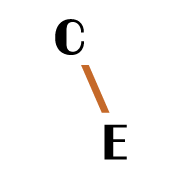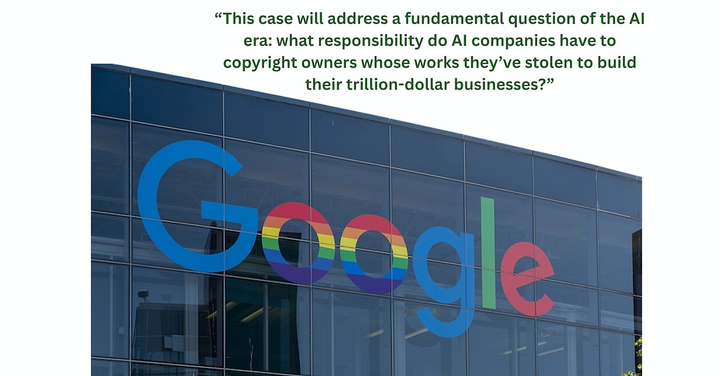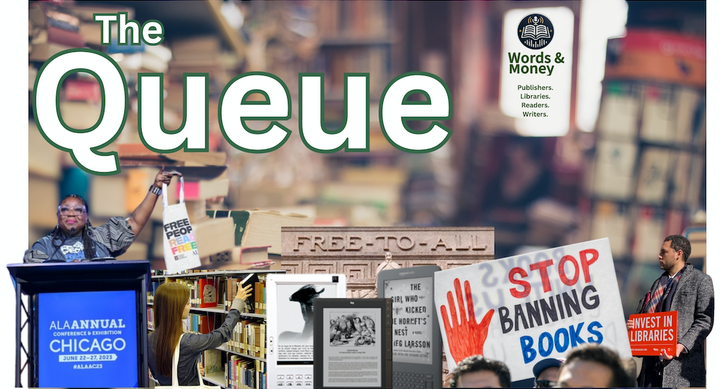The Queue: Library News for the Week Ending May 30, 2025
Among the week's headlines: Fallout from the Fifth Circuit's massive book banning decision; Texas moves a step closer to giving school boards control of public school libraries; and Colorado libraries are struggling with ebook costs.
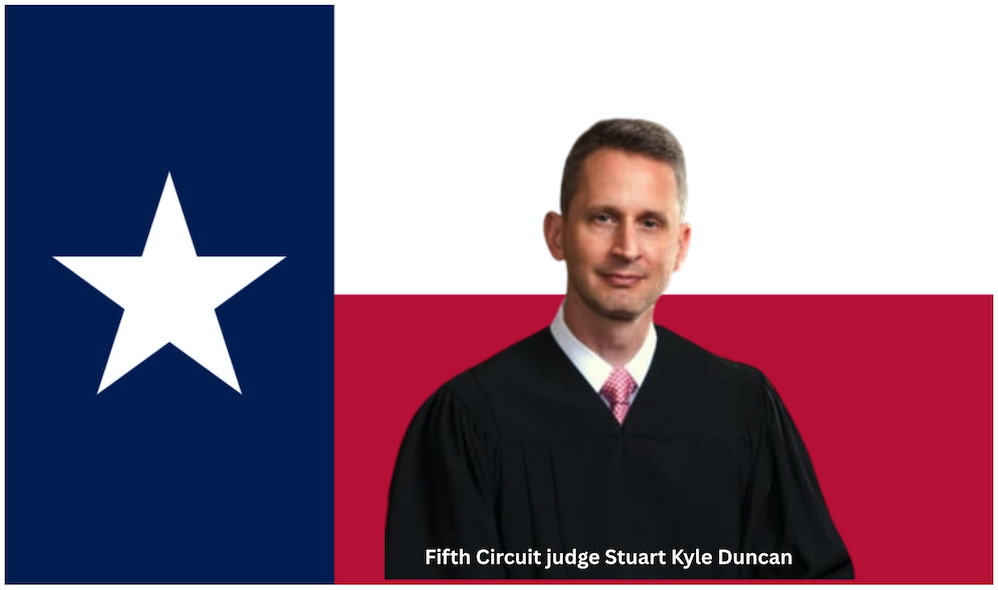
The battle over the freedom to read has leveled up after last week's news that the U.S. Court of Appeals for the Fifth Circuit, widely considered to be the most conservative court in the nation, ruled that there is no First Amendment right to receive information in public libraries.
In a statement this week, library political action committee EveryLibrary captured just how consequential this ruling is.
“Public libraries are civic institutions created to uphold the public’s right to access information across a broad range of ideas. The assertion by the court that library collection decisions are expressive acts of the government, similar to the editorial decisions of a newspaper or the curatorial choices of a museum, distorts both constitutional precedent and the historic mission of public libraries in American civic life,” the EveryLibrary statement reads. “Under this ruling, local and state governments are newly empowered to purge libraries of ideas they disfavor. This sets a precedent permitting political orthodoxy to dictate public access, which should alarm every American, regardless of political affiliation. If this decision stands, no book in a public library is safe, and no curricular decision in K-12 will be free from political litmus tests.”
EveryLibrary executive director John Chrastka told Words & Money that the court's decision emphasizes the importance of state bills that seek to protect the freedom to read.
"If the courts won’t uphold the right to read, then states must step up to protect it," Chrastka said. "Libraries are not government speech; they are a public trust. When courts fail to defend access to books and ideas, it’s up to states to lead. We need state laws that guarantee every person’s right to find themselves on the shelves.”
And definitely check out library lawyer Kyle Courtney's sharp take on the Fifth Circuit ruling via his Substack.
"This ruling isn’t just an intellectual exercise. As the dissent noted, public libraries have a long and painful history of censorship. In the Jim Crow South, books advocating for civil rights were routinely purged. Today, the targets are different— books with LGBTQ characters, discussions of race, even sex education—but the playbook is the same. By giving legal cover to viewpoint-based removals, the Fifth Circuit invites more purges. It says to officials across Texas, Louisiana, and Mississippi: go ahead. Clear the shelves. No court will stop you," Courtney writes. "If the U.S. Supreme Court justices decide to take up Little v. Llano County, they’ll have to answer a basic question: Can the government use its control over public institutions to limit what ideas the public may access? Until then, some librarians and patrons are left in limbo in the Fifth Circuit. Some may self-censor to avoid political blowback. Others may resist, risking lawsuits or termination. The chilling effect is real."
Texas Is a Step Closer to Passing Controversial School Library Bill

Via the Dallas Observer, Texas is a step closer to enacting Senate Bill 13, which would give school boards, rather than librarians, the power to determine which books will go on school library shelves.
"The bill, drafted by Sen. Angela Paxton, the wife of Texas Attorney Gen. Ken Paxton, would require school boards to oversee the addition of new books to public school libraries," the report states. "The bill also allows parents to petition to create an advisory council that would oversee the approval and removal of books. By law, Texas librarians already have a 30-day approval process for new books, but literacy advocates worry the new bill could extend the approval process by months." Laney Hawes, a cofounder of the Texas Freedom To Read Project, told the Observer that the bill is "a regulatory nightmare," with "dozens of steps with broad subjective terms and quite a number of timelines required from different steps in the process."
Lawmakers in the House and Senate must harmonize their versions of the bill before the legislative session ends in June 2. If enacted, the law could kick in as early as September 1.
Another Draconian Texas Library Bill Appears to Fail

Via local affiliate KLTV, it appears that HB 3225, which would have prohibited minors under 18 from borrowing library books deemed sexually explicit without parental approval appears to have died in the legislature.
"HB 3225, filed by State Rep. Daniel Alders (R-Tyler), was set for a vote Wednesday in the upper chamber but was never considered, putting its future in jeopardy with just a few days remaining in the Legislative Session," the report states. "A spokesperson for Rep. Alders said it is possible for the Senate and Lt. Gov. Dan Patrick (R-TX) to still take action allowing it to advance, but they do not believe it is likely."
Two Bills Targeting Libraries Fail in Alabama

The attacks on libraries in Alabama are far from over, but the Alabama Reflector reports that two bills targeting library operations failed to get out of the 2025 legislative session.
"HB 4 would have amended the state’s obscenity laws to make public libraries and librarians criminally liable for making materials that are sexually explicit or harmful to minors available," the Reflector reports. "SB 6 would have mandated that library board members be appointed to a four-year term and that members could be removed from the board with a two-thirds of the members of the governing body, either the city or county, agree by vote."
Book Banners in Alabama Are Emboldened by Fifth Circuit Ruling

You can expect to see a lot more headlines like this. The Alabama Daily News reports that conservative members of the Alabama Public Library Service see the Fifth Circuit's ruling that there is no "right to receive" information in public libraries as an endorsement of their policies to restrict access to books they disapprove of.
“The Fifth Circuit saw through the woke hysteria surrounding our libraries and reaffirmed what we’ve said all along: protecting our youth and respecting parents is not censorship,” APLS Chair John Wahl told the Daily News. “The people trying to paint this as some kind of ‘book ban’ are ignoring the facts as well as the foundation of our legal system. No one is preventing people from buying or reading any book they want.”
School Board Urges New Hampshire Governor to Veto 'Book Ban Bill'
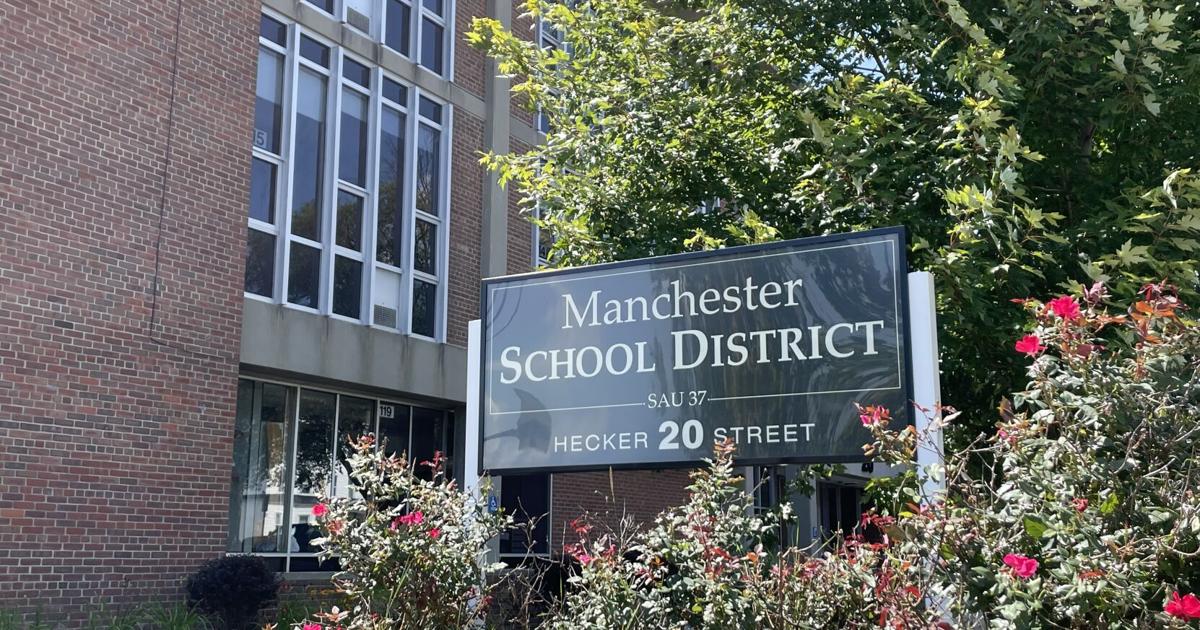
From the Manchester Union Leader, Manchester school board members are asking New Hampshire governor Kelly Ayotte to veto the recently passed HB 324, which would restrict books alleged to be "harmful to minors" in school libraries.
"In the letter, school board members say the bill is 'essentially a book ban.'" the report states. "It prohibits materials ‘harmful to minors in schools’ but it fails to define these materials adequately,” the Union Leader reports, quoting the board's letter. “In its reach, the bill encompasses curricular materials, library holdings, and anything presented in schools, online or in-person. This is not only an overreach of state authority over local school districts, but also an egregious constraint on academic freedom and educational content."
New York Advances Its Anti-Book Banning Bills
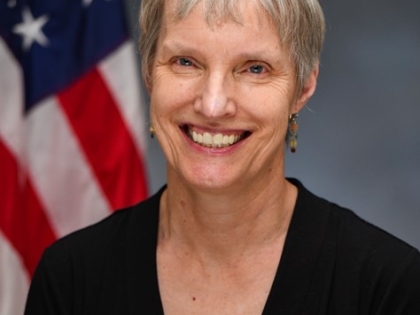
In a press release, New York senator Rachel May announced that two pieces of legislation she sponsored to ensure that school and public libraries offer access to a "wide variety of age-appropriate materials" have passed the state senate.
"Freedom to Read Act (S.1099) requires the commissioner of education and school library systems to establish policies that empower school libraries and their staff to curate and develop collections. This ensures that students have access to a wide range of developmentally appropriate materials," the release notes. "The Open Shelves Act (S.1100) will set guidelines for libraries to adopt policies ensuring that library staff can curate collections, services, and programming that reflect the diverse interests in their communities." The bills must still pass the Assembly, and the legislative session winding down.
“New York’s commitment to free expression for all our residents, in their rich diversity, has to be unwavering," May said, in a statement. "My bills ensure that readers have access to a variety of perspectives that can enrich their minds and broaden their understanding. Whether they embrace or reject those perspectives, the opportunity to explore challenging ideas is valuable to development as learners and as active participants in our society.”
Rhode Island Legislators Stand Up for Libraries

Steve Ahlquist at RIFuture.news reports on a gathering of Rhode Island lawmakers (including a video), hosted by Ed Garcia, Director of Cranston Public Library, that featured Senators Jack Reed and Sheldon Whitehouse and Reps. Seth Magaziner and Gabe Amo, who voiced their support for libraries.
“The Trump Administration’s attacks on public libraries and IMLS are an attack on learning, knowledge, and opportunity,” observed Reed, an ardent supporter of libraries. “Public libraries are among the best institutions we have, providing central gathering places where all community members are welcome to access an entire world of information. I’m proud that Rhode Island is helping to lead the push against President Trump’s misguided IMLS cuts. And I will continue to fight to ensure our libraries have the funding, resources, and support they need to serve our communities.”
Colorado Libraries Struggling with Ebook Costs

The Denver Post this week reports that libraries across Colorado are moving to add restrictions to their digital lending systems after struggling to keep up with rising demand and costs.
The report features a lot of great detail, including that Douglas County Libraries’ Collection Services Manager Kate Prestwood telling the paper that she once asked Overdrive what it would cost to clear its holds for a day. “The answer: more than $7 million, only for holds to start stacking up again the next day.”
“We really can’t curate an ongoing (digital) collection,” Stacy Watson, director of collection services at Denver Public Libraries, told the Post. “Everything expires, so you have to continue to purchase them if there’s still a demand. … It’s not fair at all to libraries, and I think it’s hitting a crisis level.”
The Sacking of Carla Hayden
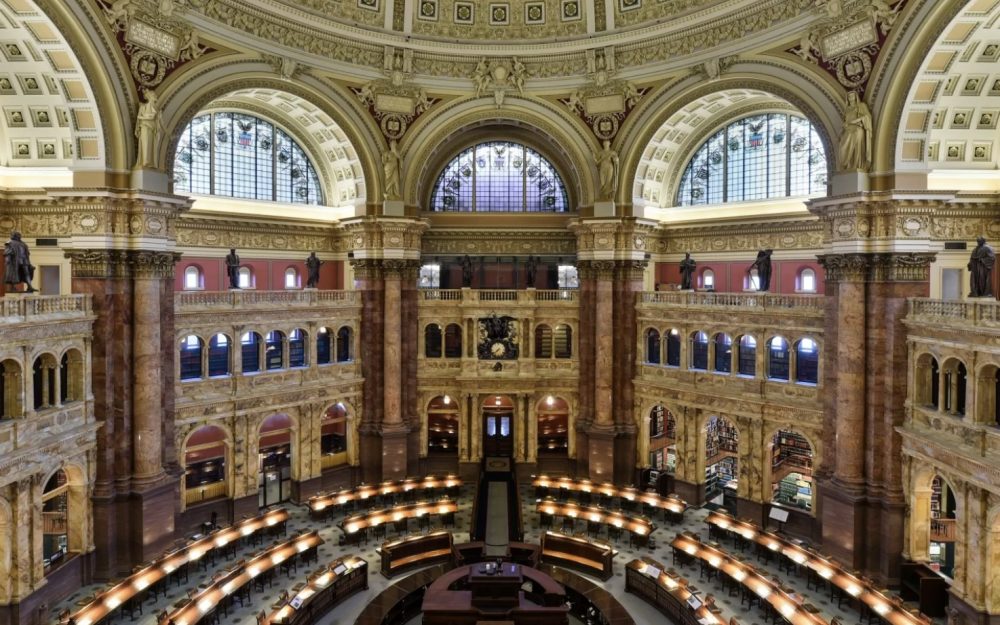
George Dodd at Common Edge has an impassioned piece about the firing of Carla Hayden.
"Among the fallen and perhaps most inexplicable is Dr. Carla Hayden, the 14th librarian of Congress, appointed by President Obama in 2016, who was fired in a two-sentence email. Although she earned her doctorate at the University of Chicago, as a woman of color, Project 2025’s rubric assigned her the status of yet another DEI hire, despite her being the first librarian of Congress with a degree in library science since 1974, with a card catalog of academic accolades," Dodd writes. "Underscoring this personnel pettiness, and more egregious still, Dr. Hayden was in the final year of her 10-year appointment. There was little point to her firing—which, in part, was the point of her firing."
How to Create a 'Voters Guide' Part II

Over at Book Riot, Kelly Jensen opens her weekly censorship news column with the second part of her guide to creating voters guides for local elections. It's a thorough, and impressive effort. And important.
"Maybe you can’t cover a whole state–that’s tremendous work. But perhaps you can do it for your county or your town," Jensen writes. "If multiple people are building pro-library/pro-school guides at once, that’s okay. There’s an opportunity to collaborate on those guides if you connect with one another."
And finally this week...
The New York Times has a good piece on the library that straddles the U.S./Canadian Border, now under fire from the Trump administration.
"The Haskell Free Library and Opera House has straddled the border since 1904, the brainchild of Martha Stewart Haskell, the wealthy widow who chose the location, not only for its symbolism, but also for its equal access to both Canadians and Americans," the report states, noting that "the crackdown" at the library followed a visit in January by U.S. Secretary of Homeland Security Kristi Noem. "Inside the library, Ms. Noem and her entourage stood on the south side of the black tape [denoting the border] while facing the library staff on the other side. U.S. officials described illicit cross-border episodes involving the library, while library officials argued that they had beefed up security," the article continues. "All of a sudden, Ms. Noem stepped over the tape and back a couple of times, saying, '51st state, U.S.,” as her entourage giggled, said library officials, who were left speechless."








